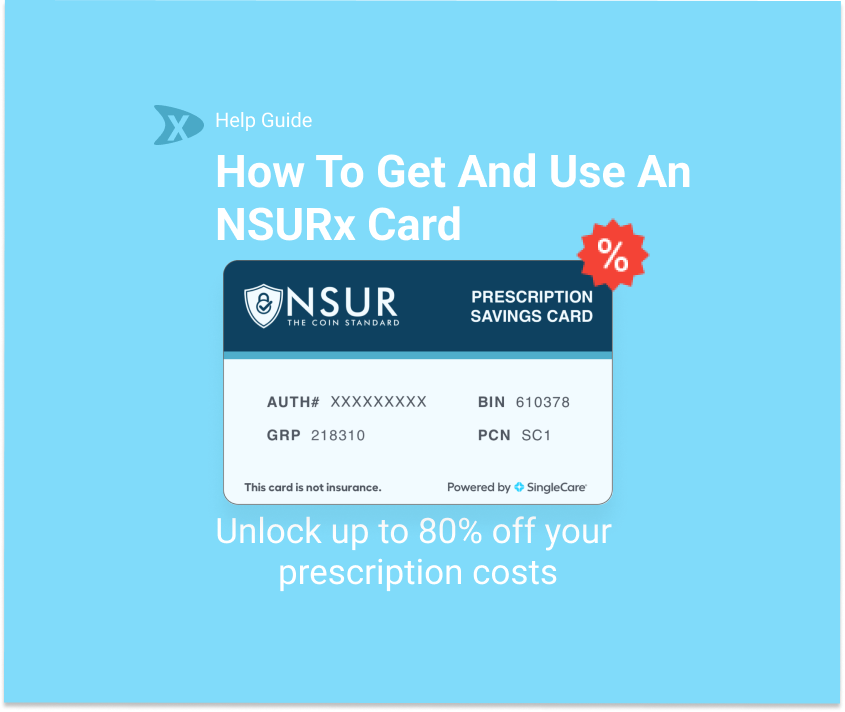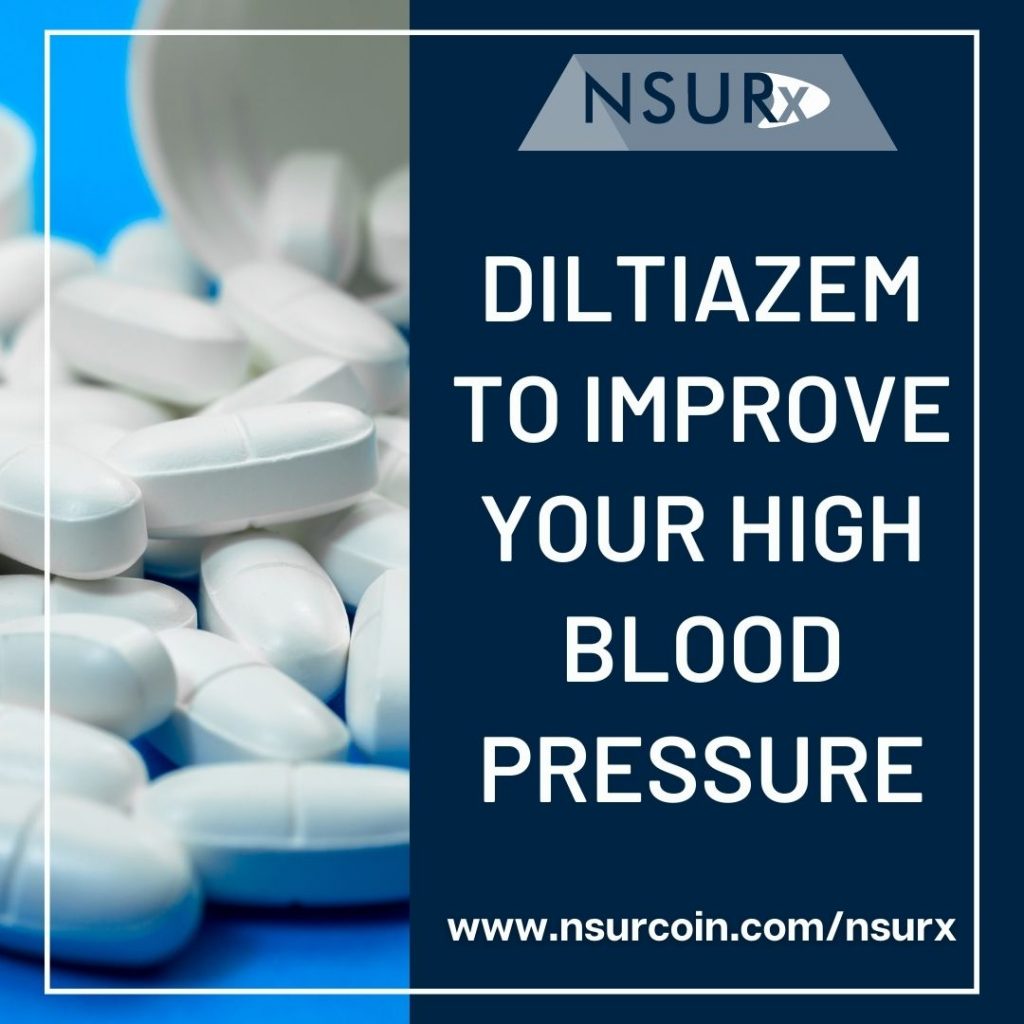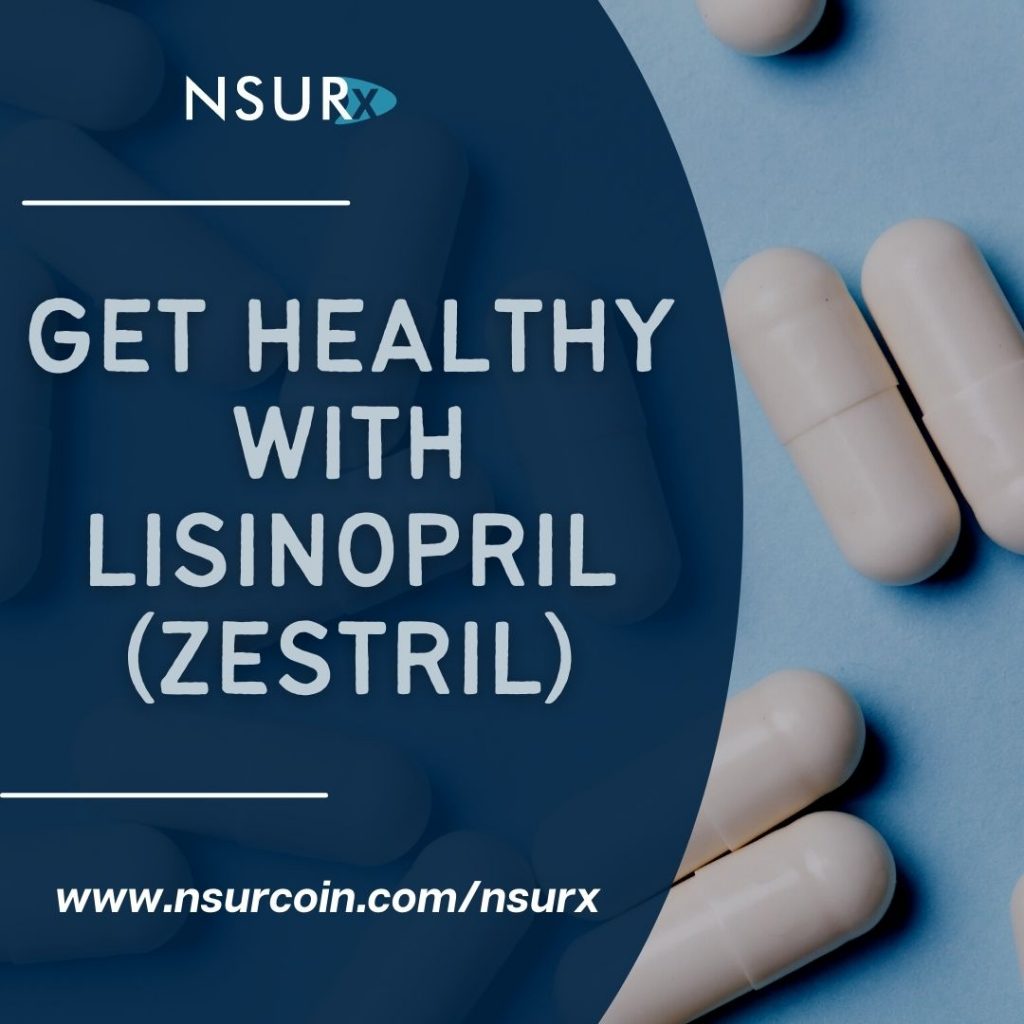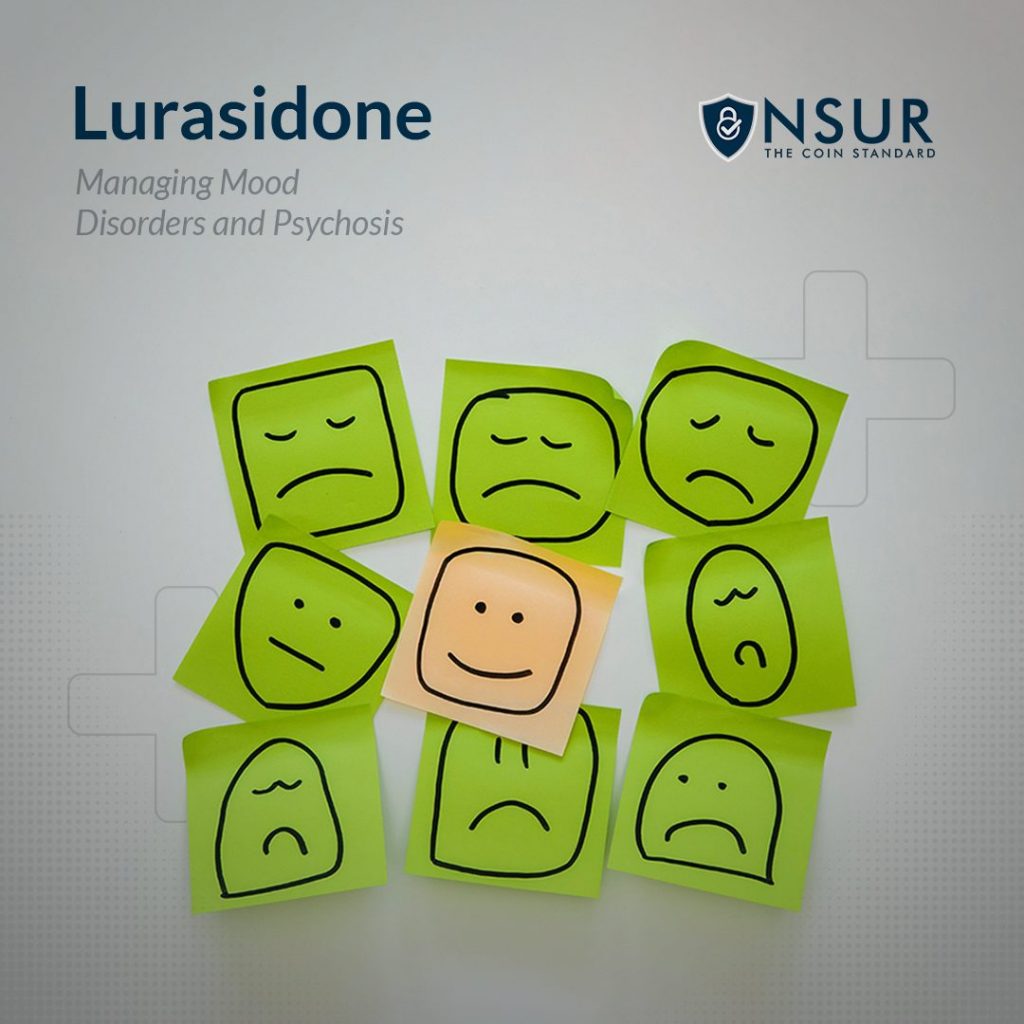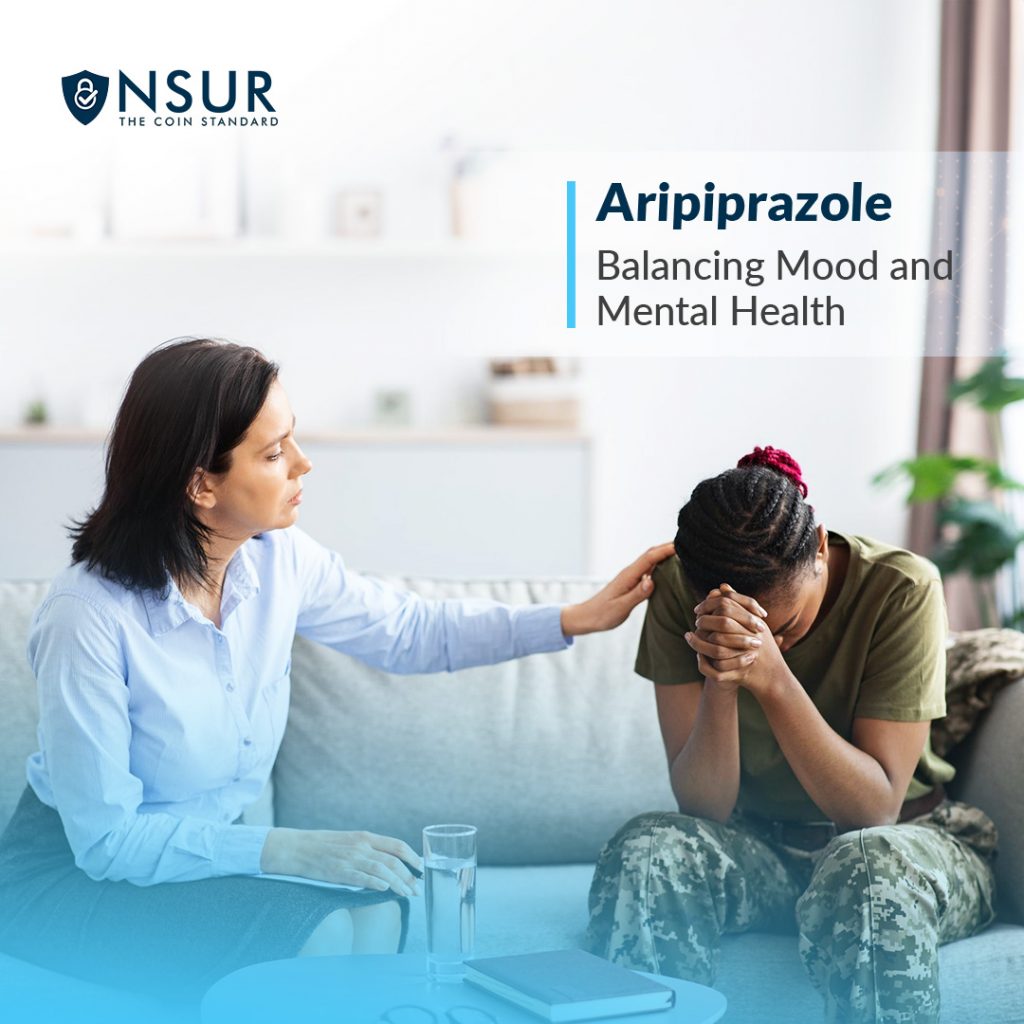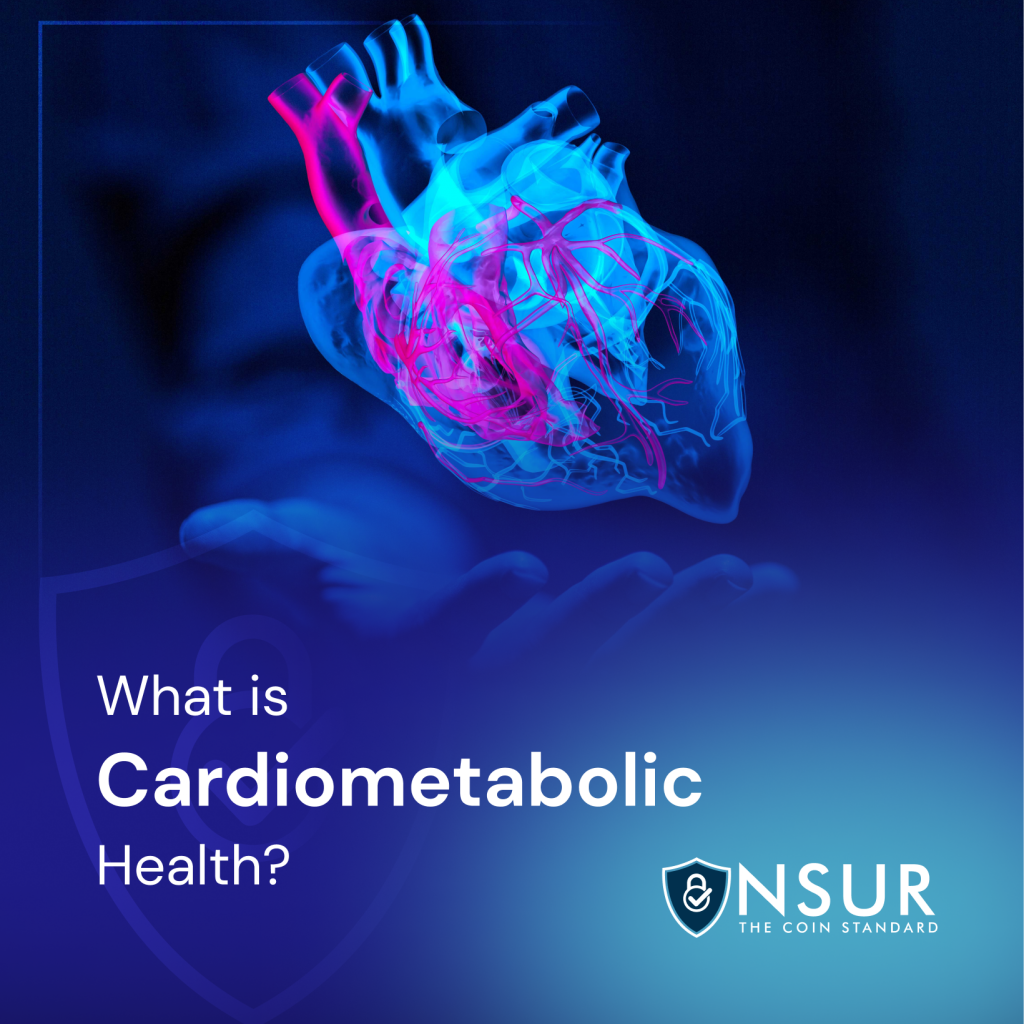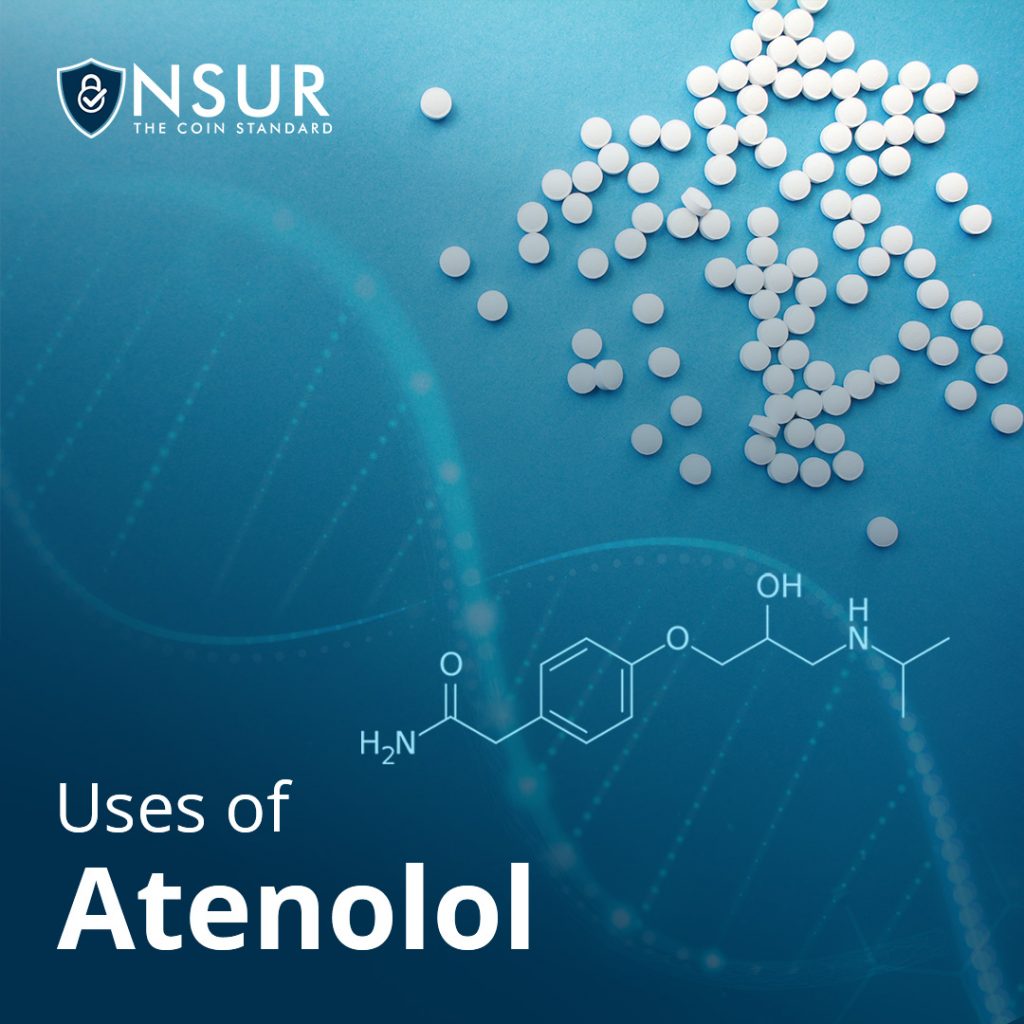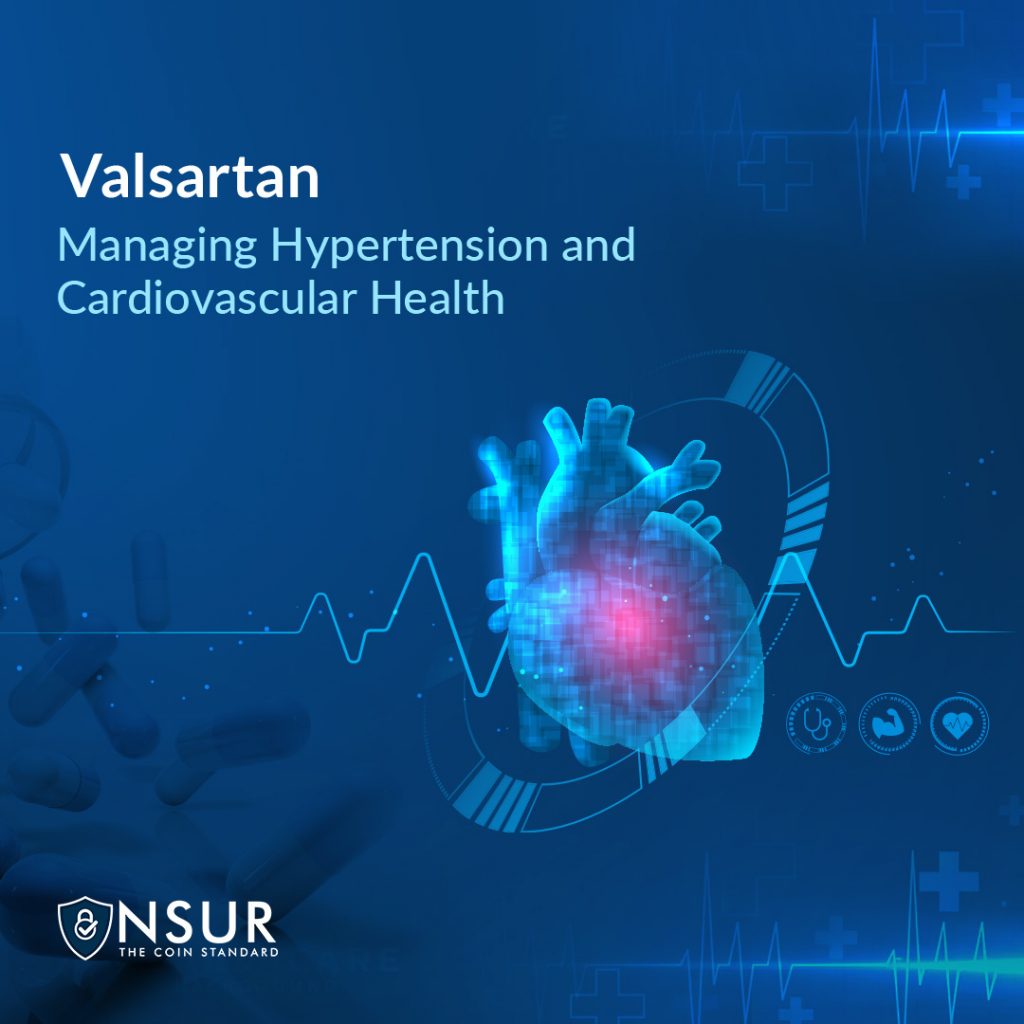
Hypertension, commonly known as high blood pressure, is a silent yet potent threat to millions of people worldwide. It’s often dubbed the “silent killer” because it quietly damages blood vessels and leads to serious health problems without obvious symptoms. That’s where Valsartan, an often-prescribed medication, plays a pivotal role in the management of hypertension and cardiovascular health.
Understanding Valsartan: What Is It?
Valsartan belongs to a class of drugs known as angiotensin receptor blockers (ARBs). These drugs work by blocking the action of angiotensin II, a chemical in your body that narrows your blood vessels. This narrowing can increase your blood pressure and force your heart to work harder. Valsartan helps to relax and widen your blood vessels, making it easier for your heart to pump blood.
Valsartan and Hypertension: How Does It Help?
- Lowering Blood Pressure: By relaxing and widening the blood vessels, Valsartan effectively lowers blood pressure. This reduction is crucial in preventing strokes, heart attacks, and kidney problems, which are often the serious consequences of uncontrolled high blood pressure.
- Heart Failure Management: Valsartan is also prescribed for patients with heart failure. It helps by reducing the strain on the heart, allowing it to pump more efficiently.
- Post-Myocardial Infarction: For patients who have had a heart attack (myocardial infarction), Valsartan can be a lifesaver. It aids in preventing further damage to the heart, significantly improving survival rates.
Taking Valsartan: Dosage and Administration
The dosage of Valsartan varies depending on the condition being treated. It’s vital to follow your doctor’s prescription, as they will tailor the dose to your specific needs. Valsartan is typically taken once or twice a day, with or without food. Consistency in taking the medication at the same time every day is key to managing your condition effectively.
Side Effects: What to Expect
While Valsartan is generally well-tolerated, some people may experience side effects. Common side effects include dizziness, lightheadedness, or tiredness as your body adjusts to the medication. It’s important to discuss any side effects with your healthcare provider, especially if they persist or worsen.
Valsartan and Lifestyle: A Combined Approach
Managing hypertension and heart health goes beyond just medication. Incorporating healthy lifestyle changes can significantly enhance the effectiveness of Valsartan. These include:
- Healthy Eating: Focus on a diet rich in fruits, vegetables, whole grains, and lean proteins. Reduce salt intake to help lower blood pressure further.
- Regular Exercise: Engaging in regular physical activity can strengthen your heart and improve overall cardiovascular health.
- Weight Management: Maintaining a healthy weight can help reduce the burden on your heart and lower blood pressure.
- Avoiding Tobacco and Limiting Alcohol: Smoking and excessive alcohol consumption can adversely affect heart health.
Interactions and Precautions
Like any medication, Valsartan can interact with other drugs, so it’s important to inform your healthcare provider about all medications you’re taking. Certain conditions, like kidney disease or pregnancy, can affect how you should use Valsartan. Always consult your doctor for advice tailored to your specific health situation.
Take advantage of NSURx for your prescription drugs!
With the NSURx Prescription Benefit Card, you can save money on your medications at more than 35,000 pharmacies across the United States.
You can save up to 80% on your medication by using an NSURx card. Hundreds of dollars in savings could be yours every time you fill out your prescription.
The more you shop with NSURx, the more NSUR Coins you will receive as a reward.
Disclaimer
This blog post is intended for informational purposes only and should not be considered a substitute for professional medical advice. Always consult with a qualified healthcare provider for personalized recommendations and guidance.

